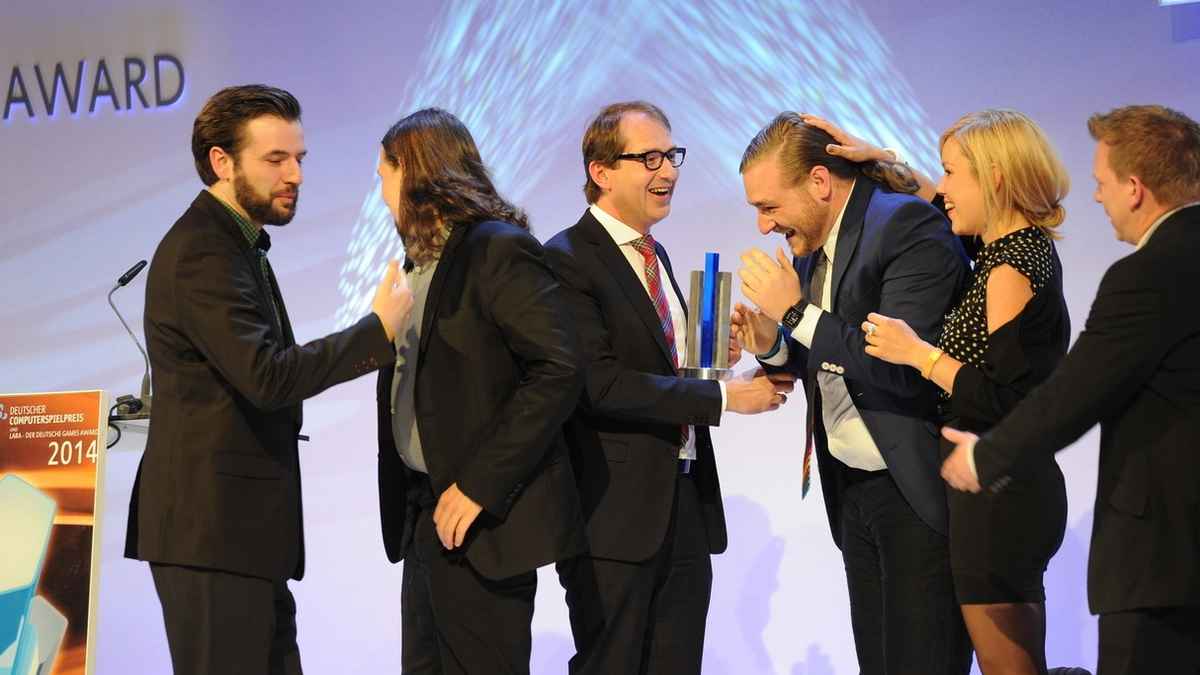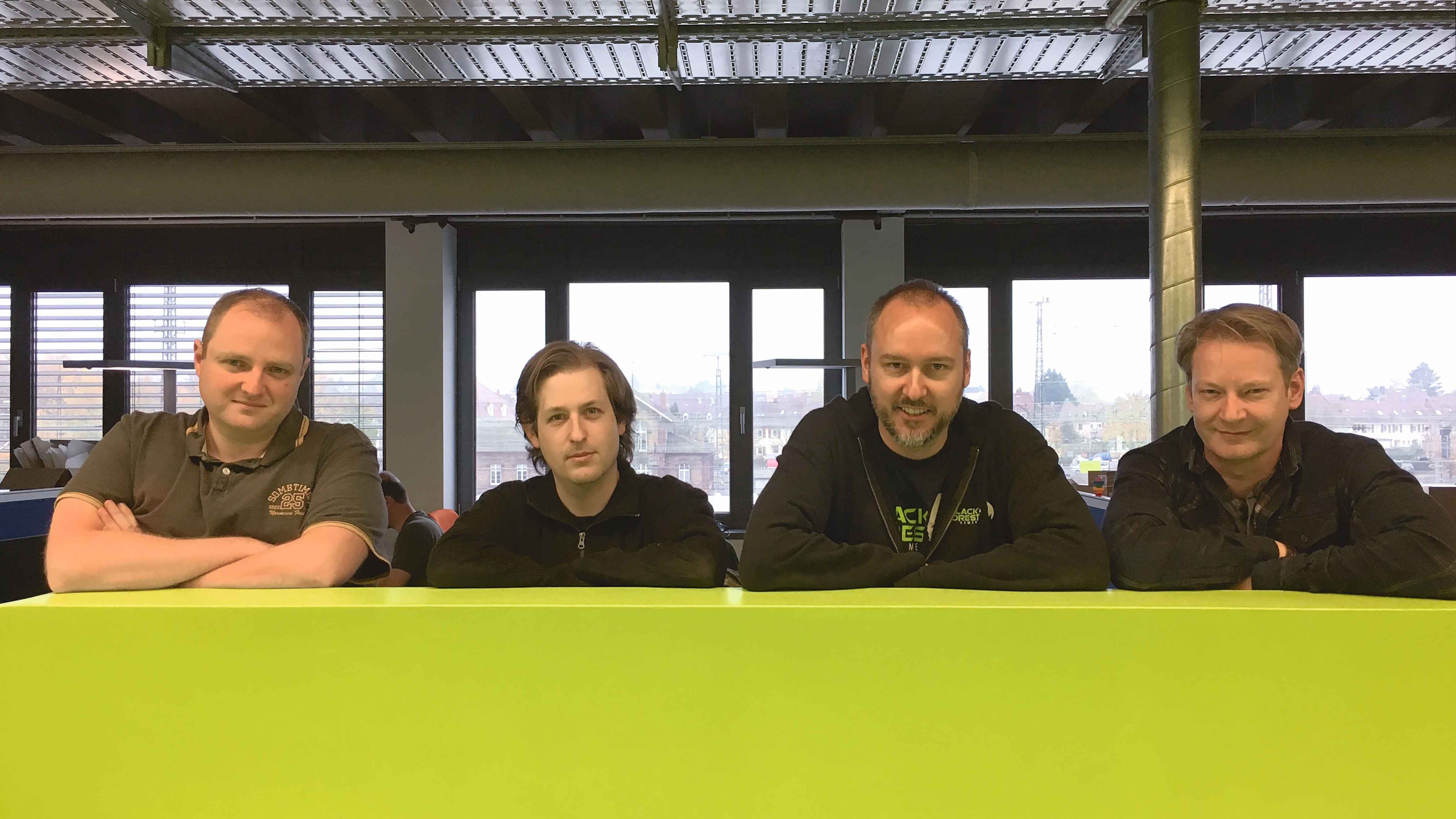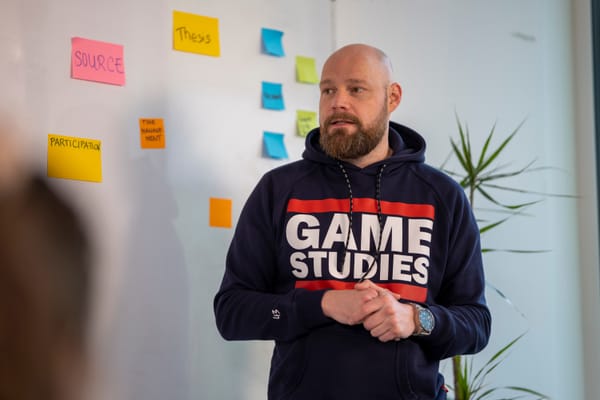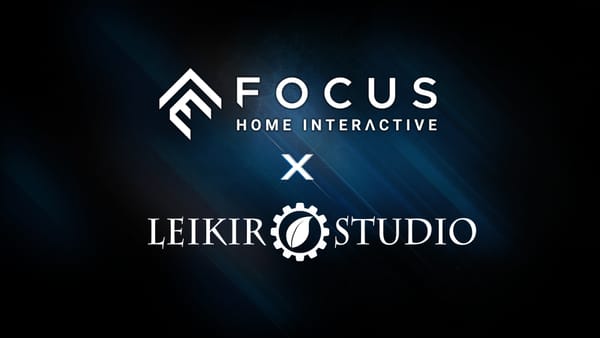The BW Business Environment: Old Hands, Young Teams and Two Gaminghubs




The games industry in Baden-Württemberg is diverse, with a variety of companies spread across different locations. Despite this, there are still central hubs that stand out in the region.
According to Games BW, the games industry in Baden-Württemberg (BW) has 153 companies with almost 1,800 employees. The data is based on information from Goldmedia‘s location monitor and the gamesmap of the game — The German Games Industry Association. Baden-Württemberg therefore may not be one of the Top 3 in the German games industry, at least not in terms of the sheer number of companies, but it is definitely one of the most important federal states in the German games market. It is interesting to note that Baden-Württemberg as a games location is difficult to compare with other federal states. This may also be due to the fact that “The Länd” has always gone its own way.
Application Systems Heidelberg (ASH), for example, has always gone its own way. Founded in 1985, ASH is probably the longest-serving company in the games industry in BW. Although it is not at all clear whether ASH itself feels part of the games industry. Application Systems Heidelberg is a distributor, publisher and developer, in that order. The company‘s beginnings go back to a time when software was physically distributed to individual markets via local sales partners. ASH found its niche in the distribution of Mac games and software and worked together with companies such as Aspyr, Feral and MacSoft. Today, ASH also develops its own products, whereby the company is neither limited to Mac as a platform nor to games as software.
Baden-Württemberg is not only home to one of the longest-serving publishers and distributors of games, but also one of the longest-serving developer studios. It belongs to Ralph Stock and is called Promotion Software. Before becoming self-employed in 1993, Stock worked as a producer for Softgold/Rainbow Arts. The games, above all the titles in the Emergency series, were developed under the Sixteen Tons Entertainment label, which was later spun off as an independent company. In addition to its headquarters in Tübingen, Promotion Software also has a studio in the heart of Berlin.
Young start-ups, distributors with decades of experience or pioneers in the browser games sector – Baden-Württemberg has a diverse and multi-faceted games scene. The region‘s proximity to the film and animation industries has led to the emergence of companies and games that have won national acclaim and awards.
Speaking of Berlin: Kolibri Games, one of the most successful mobile games studios in Germany in recent years, is based there and has since become part of the Ubisoft family. However, Kolibri Games had its origins in Karlsruhe. Today‘s Kolibri Games was founded there in 2016 by a group of students, albeit under the somewhat unusual name Fluffy Fairy Games. The move to Berlin took place in 2018 because the company was growing faster than experienced mobile games developers could be found in Baden-Württemberg. Even though Berlin is still an exceptional hub for mobile games in Europe, the move might no longer be necessary today as Baden-Württemberg grew to a top location for gaming in Germany.
Studio Fizbin is another company from Baden-Württemberg that is building a bridge to the capital. However, like Promotion Software, the award-winning studio from Ludwigsburg is not moving to Berlin with bag and baggage like Kolibri/Fluffy Fairy Games. Instead, a second office has been opened there. Studio Fizbin has not only made an excellent name for itself in the German games scene with its extraordinary projects such as The Inner World or Minute of Islands, Sebastian Mittag, Alexander Pieper and Mareike Ottrand also impress with their commitment to the indie sector by focussing on cooperation. In Ludwigsburg, the original company headquarters in Baden-Württemberg, they co-founded the Kokolores Collective, an office community that today includes the indie teams of Pixelcloud, Studio Sterneck Walk the Frog, Sharkbomb Studios and an office of Wegesrand alongside individuals. Studio Fizbin imported the idea for Kokolores from Berlin, where the company co-initiated the Saftladen collective.

The fact that Ludwigsburg, which lies just twelve kilometres north of the state capital Stuttgart, is a kind of games hub in Baden-Württemberg is not just down to Studio Fizbin. It is also home to the Filmakademie Baden-Württemberg, one of the world‘s leading film academies. And the Filmakademie BW, which also organises the annual FMX congress, recognised the synergies between film and games, including in the field of animation, at an early stage and launched corresponding courses of study. Mareike Ottrand from Studio Fizbin, for example, studied there. The same applies to the team from kaleidoscube, who are based in Stuttgart but have also won numerous awards with A Jugger‘s Tale, among others, or for Beren Baumgartner, founder and CEO of Zeitland media & games, which is part of Hendrik Lesser‘s rcp — remote control productions family.
A second large games hub can be found in Karlsruhe. It is not only, but largely due to the best-known games company from Baden-Württemberg: Gameforge. Founded in 2003, the developer and publisher is one of the pioneers of browser games with its OGame and generated sales in the hundreds of millions euros in its peak years. However, as with other browser game companies, the transition to mobile business proved difficult and was associated with a downsizing of the business. Nevertheless, Gameforge had used the good years to diversify accordingly and also has successful client MMOGs such as Aion, Metin2 and Runes of Magic in its portfolio. The success of Gameforge has created a successful biotope for games in Karlsruhe. On the one hand, because the city itself knew how to attract the games industry to the city via its k3 Kultur- und Kreativwirtschaft Karlsruhe, and on the other, because numerous indie teams such as Walking Tree Games, Bling Bling Games and Studio Fluffy were established there. Another example is kr3m. Founded in 1999, kr3m is the market-leading partner for publishers and media companies in GSA, enriching their websites with HTML5 gaming content such as interactive crossword puzzles. Its clients include Bild, FAZ, Focus Online, Der Spiegel, Blick, 20 Minuten and DerStandard. Most recently, kr3m won the French newspaper Le Monde as a customer expanding their reach beyond GSA. Former members of the Gameforge management team are also involved in the development of Karlsruhe as a gaming hub. Carsten van Husen, CEO of Gameforge 4D for over ten years, founded the crypto gaming publisher Eleet Games in 2021. And Klaas Kersting, who once founded Gameforge with current CEO and OGame inventor Alexander Rösner, invests in numerous studios with his new company Phoenix Games. Phoenix Games is also based in Karlsruhe.
In addition to these established centres for gaming in Baden-Württemberg, there are also numerous other successful companies that exist even without a large gaming neighbourhood. One of these is CEO Helmut Schmitz‘s publisher United Games Entertainment. Founded in Kirchheim/Teck in 2010, the company now employs more than 50 people. To the outside world, however, the company is primarily known for its four labels, all of which have a very unique focus. Strictly Limited focuses on strictly limited Collectors Editions and as such breathes new life into numerous old IPs, such as Space Invaders, Wonder Boy and Bubble Bobble. Inin Games, on the other hand, sees itself as a bridge between Japan and the West, releasing new productions as well as classic Japanese games that never made it to the West in the past. The programme is rounded off by GamesRocket (merchandising and accessories) and McGame (promotions, game cards, etc.).
Black Forest Games, on the other hand, is a classic development studio with a long tradition. The studio has been part of the Embracer family via THQ Nordic since 2017 and in recent years has developed Destroy All Humans! and Destroy All Humans! 2 — Reprobed, among others. Work is currently underway on Teenage Mutant Ninja Turtles: The Last Ronin. The studio was founded in Offenburg in 2012 by Adrian Goersch and Andreas Speer and a core team from the insolvent developer Spellbound Entertainment. Spellbound was the studio founded in 1994 by the programmer of The Great Giana Sisters (1987), Armin Gessert, who died in 2009. This example shows that even a city like Offenburg, which is not exactly considered an international gaming hub, has games companies with a long tradition.

Last but not least, it is also worth having a look at a submarket of gaming in Baden-Württemberg that is often overlooked: Serious games can be both a lucrative business and the best proof that gaming can do more than just entertain. Here we return to Heidelberg, where not only BWs oldes gaming company but Germany‘s oldest university is located. With its tradition in the field of medicine, Heidelberg is predestined for the GamesHub for Health/Life Science, which is supported by Games-BW. Teams Fysor, GemGa, Rolf-Box, Zahnputzfuchs, Medikation and Mundhygiene can currently be found there. In conclusion, this gaming hub is further proof of the diversity of the industry in Baden-Württemberg.








